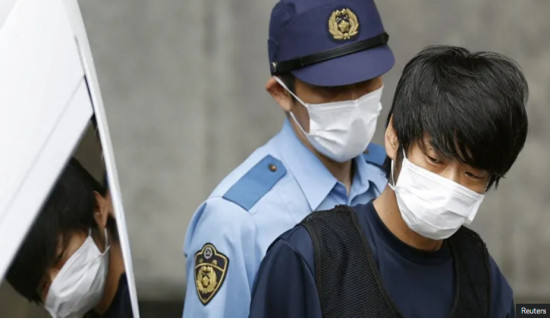- Wednesday, 21 January 2026
China's aging population fuels 'silver economy' boom
Hong Kong, Nov. 30: Every Wednesday, retiree Zhang Zhili travels an hour by bus to an education centre, drawn by the pulsing rhythms of the African drum she plays there in a classroom filled with fellow retirees whose hands move in unison, every beat lifting her spirits.
Zhang, 71, has found joy and new friends at the “elderly university” in Beijing. Besides African drums, the former primary school teacher joins social dance classes, paying about 2,000 yuan ($280) for two courses this semester. Seeing herself standing tall in dance class boosts her confidence. After class, she hangs out with her friends.
“When we get old, what do we need?" she said. “To love ourselves.”
Many older Chinese are looking beyond traditional nursing homes, afraid of abandonment by their families and quality issues. That's driving a boom in universities, home care services, and communities catering to older adults. Though some providers struggle to turn a profit, they persist because they see promise in the growing market.
In January, Beijing issued new guidelines calling for expanding home care services and meal deliveries and more clothing, food and tech products tailored for older adults. They include enriching their lives through education.
Home-based services offer a more affordable alternative to nursing homes, alleviating accommodation costs, Du said. Older Chinese are relatively healthy, and these able people perhaps need richer cultural lives rather than disability care, he said.
Cai Guixia, 60, said she has found fulfillment in African drumming and modelling classes. She thinks she would feel “forsaken” in a conventional nursing home, preferring to hire a domestic helper.
Liu Xiuqin, an owner of two care homes, saw business opportunities in meeting those needs.
She invested more than 800,000 yuan (about $112,000) to open a school in Beijing. Cai and Zhang are among its 150 students attending classes in dance, singing, yoga and modelling training for about 1,000 yuan ($140) per course each semester. Outside the classroom, her team organizes gatherings where students can socialize.
Liu expects to break even in another year and is prepared for the wait. She believes in the market's future, given that the generation born in the 1960s and later values quality of life and health more than their parents did.
“It’s not about making quick money,” she said. “It requires persistence.”
Turning a profit is proving challenging for some silver economy businesses.
In the southern city of Guangzhou, Wu Tang co-founded a school last year after his geotechnical investigation and surveying business was hit by the downturn in China’s property market. His school offers courses to help people achieve some of their childhood dreams, but he has yet to cover his costs. He also faces competition from cheaper government-run courses.
And there's Cui Yang, who runs a care station in Beijing, sending helpers zigzagging across the district to provide 30 yuan ($4.20) haircuts at home; accompanying people on hospital visits for 50 yuan ($7) per hour and other services. Even with government subsidies including free rent, Cui is losing money. Without the subsidies, the business would fail, she said. (AP)

















